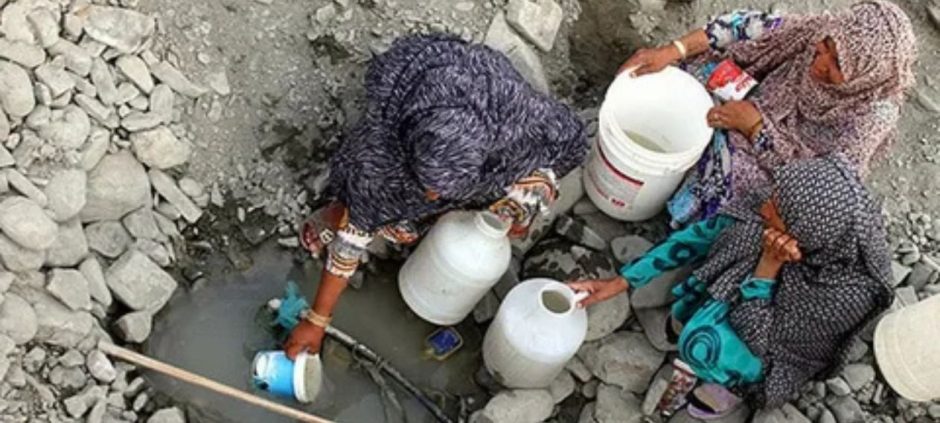Afghanistan’s water scarcity has intensified, leaving women to face the heaviest burdens. Many women in rural and urban areas spend hours each day collecting water for household needs, often at the expense of education, work, and personal well-being. Limited rainfall and droughts have made traditional water sources unreliable, forcing families to rely on distant or unsafe supplies.
Women Face Daily Challenges Due to Afghanistan’s Water Scarcity
In several provinces, women report exhausting treks to fetch water, with little time for schooling or income-generating activities. Humanitarian organizations note that Afghanistan’s water scarcity is not just an environmental issue but a gender issue, as women bear the brunt of the crisis. Authorities and aid groups are being urged to prioritize clean water access for women, particularly in the most affected communities.
The Taliban’s expansionist ambitions have further complicated water management and relief efforts. Political instability and governance challenges make it difficult to implement long-term solutions. Experts say that addressing Afghanistan’s water scarcity requires immediate relief measures as well as sustainable infrastructure investments, including irrigation systems, rainwater harvesting, and community-based water management (source link).
Women’s advocacy groups are calling for targeted support to ensure that clean water reaches the most vulnerable. Safe water access is essential not only for health but also for enabling women to participate fully in society. Without intervention, the crisis threatens to deepen poverty and widen existing gender inequalities.
Beyond physical labor, Afghanistan’s water scarcity adds emotional and psychological pressure on women. The uncertainty over water availability creates stress that affects entire households. Community-driven initiatives, such as women-led water committees, have been suggested as effective ways to help mitigate some of these challenges.
As Afghanistan continues to face environmental and political difficulties, women remain the most affected by water scarcity. Highlighting their struggles is critical to mobilize support, develop effective solutions, and promote gender equality in a country grappling with persistent water shortages.











